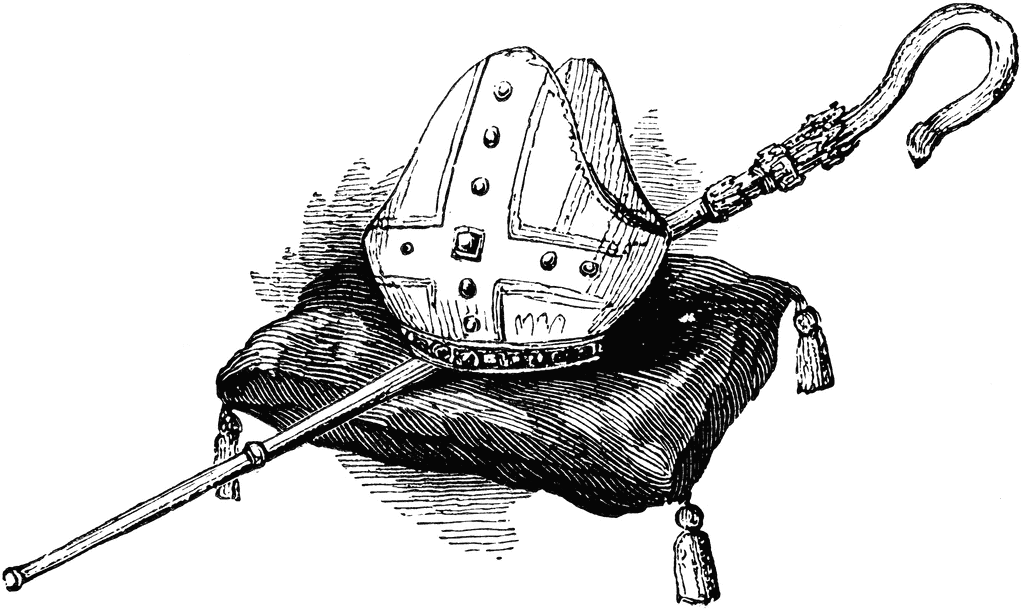If you’ve ever heard the expression “cafeteria Catholics” (Catholics who pick and choose what teachings they like), there’s always the danger of heading right out of the back door of the cafeteria and no longer being Catholics at all. In today’s First Reading John doesn’t bring any new teaching, just a reminder of an old teaching and a warning. We know from all of John’s writings that charity has a central place in the teaching he received from the Lord, and just as he heard from the lips of Our Lord in the Last Supper discourse (see John 13:34–35; 14:15,23–24), he reminds us of the connection between love and obedience. Our Lord doesn’t just command us; he teaches us how we truly love. We show our love by having faith in his teaching.
Part of that love is being faithful to John’s teaching about Our Lord; someone is contradicting the teaching of Our Lord to such a degree that he or she is denying the Incarnation (“those who do not acknowledge Jesus Christ as coming in the flesh”). When John describes this as deceitful and the antichrist he is teaching that those who teach contrary to the true teaching regarding Christ become anti-witnesses, so to speak. With this loss of faith and contradictory testimony they lose God too.
Ask Our Lord today to help you not stray into the cafeteria and stay “all in” regarding his teaching.
Readings: 2 John 4–9; Psalm 119:1–2, 10–11, 17–18; Luke 17:26–37. See also 32nd Week in Ordinary Time, Friday.



